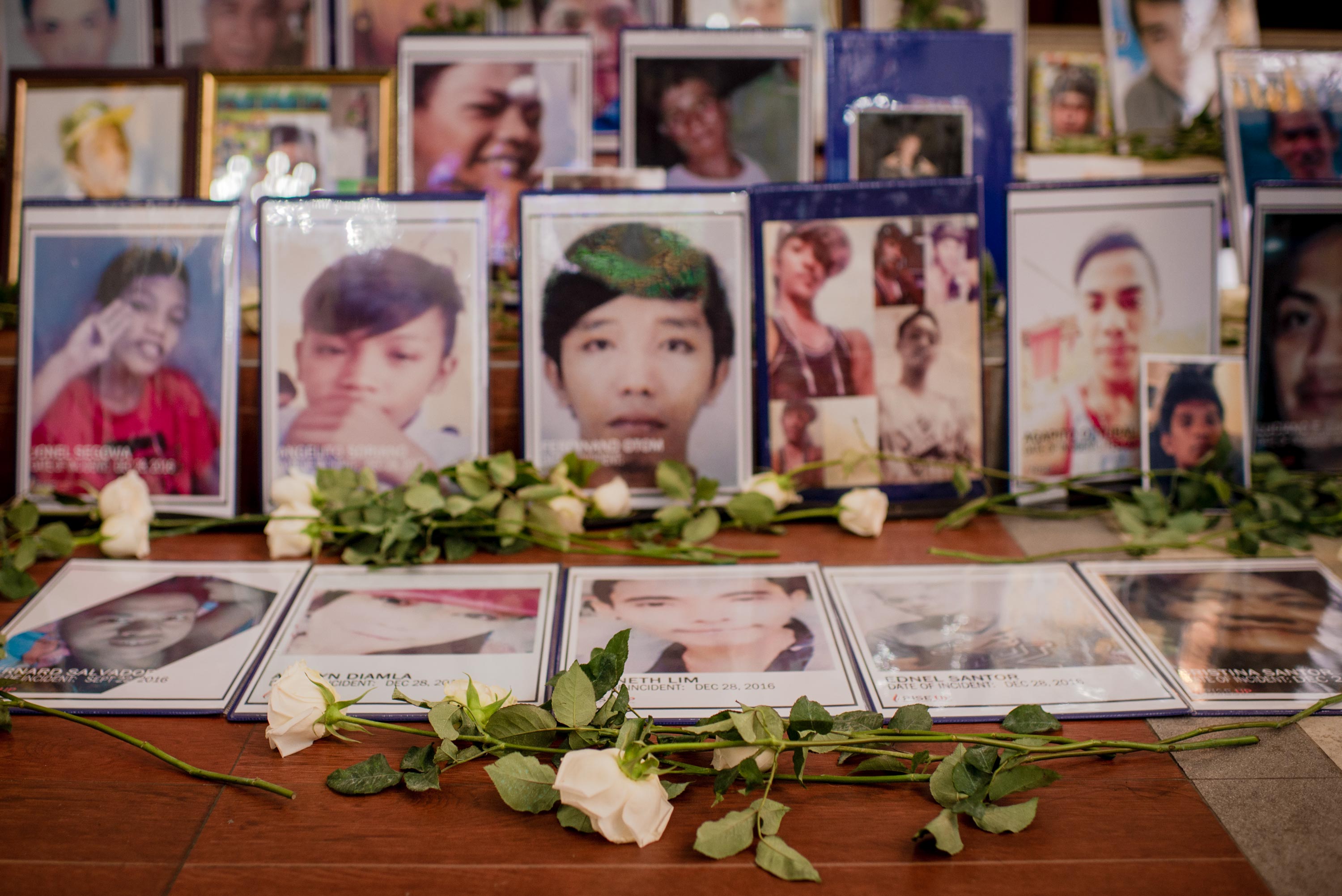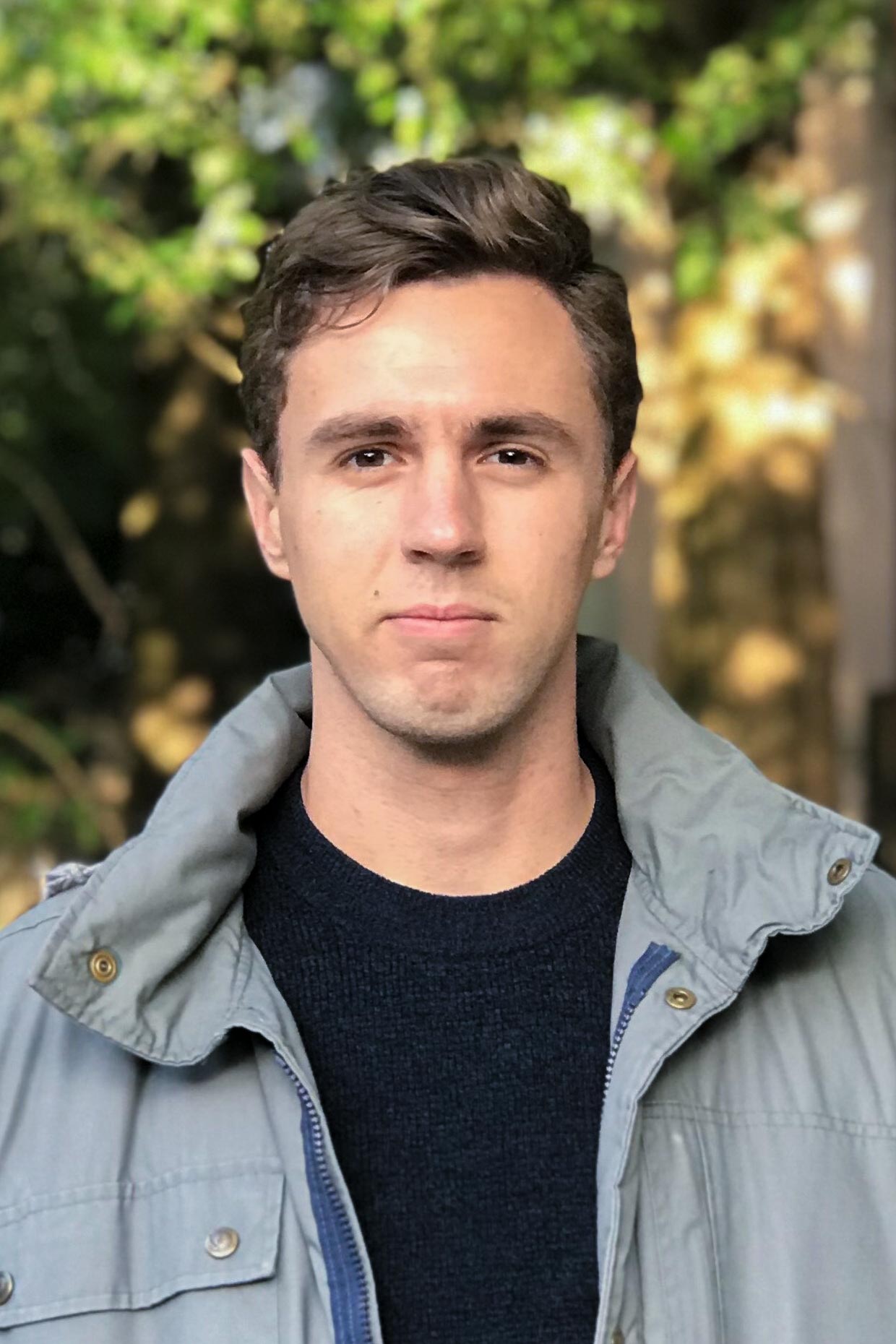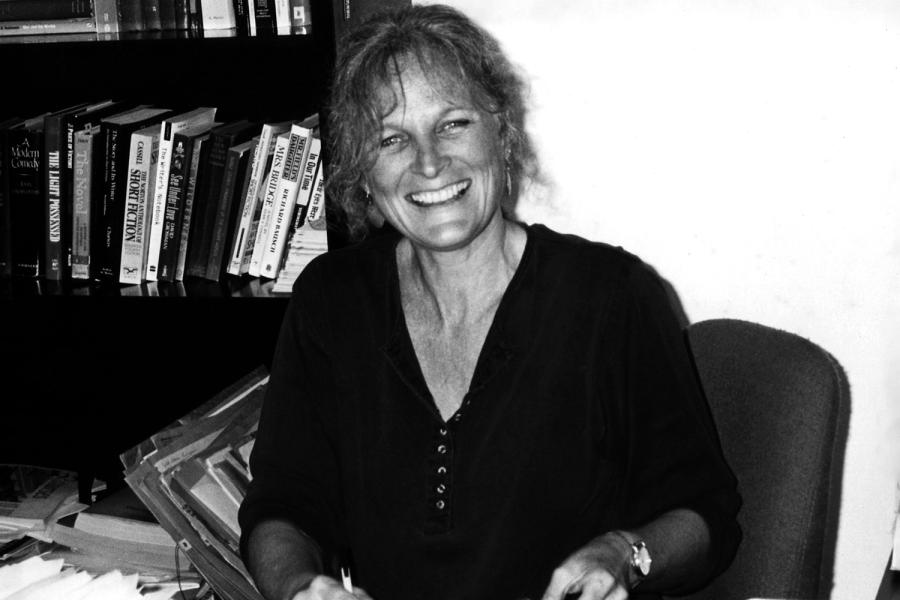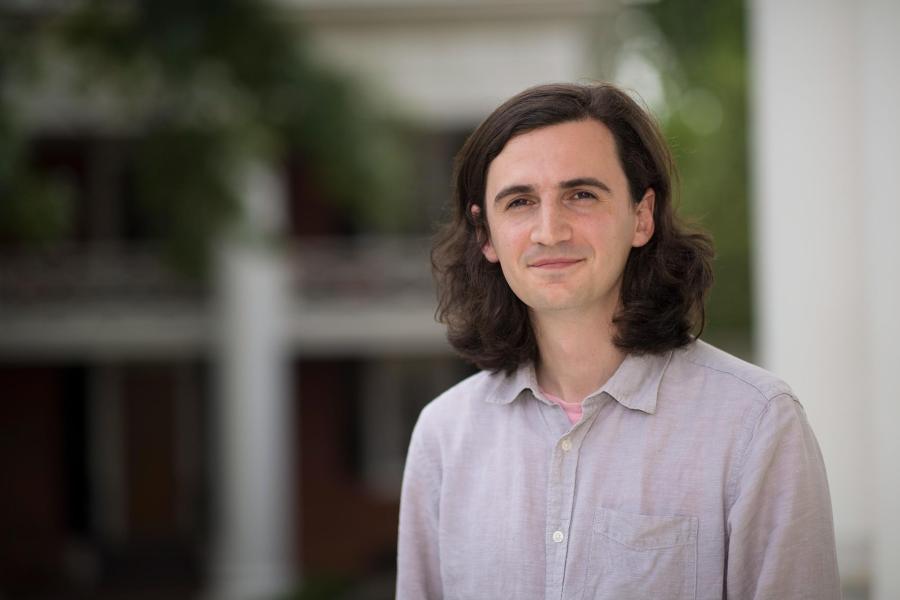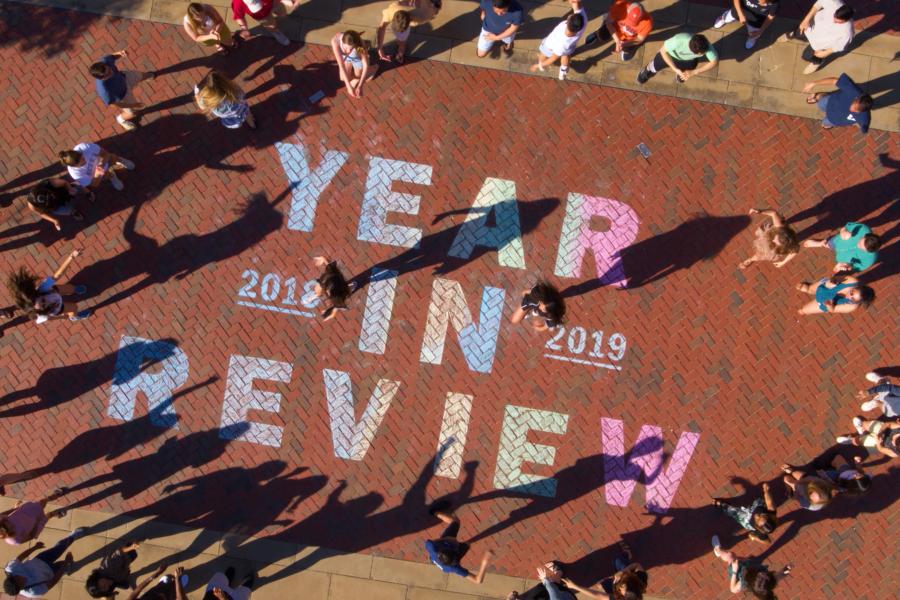Virginia Quarterly Review has just published Willis’ article, “Church vs. State,” with photos by Eloisa Lopez in its new summer issue, with the summary, “Philippine president Rodrigo Duterte’s brutal but popular war on drugs has forced the Catholic Church to ask itself a defining question: What is its responsibility under an immoral regime?”
An internship in his second year with VQR exposed Willis to the kind of journalism he eventually decided to pursue. Published at the University since 1925 and considered one of the nation’s top literary journals, VQR became part of UVA’s Center for Media and Citizenship after the latter was established in 2016. In March, the magazine won its seventh National Magazine Award, and its second in the most prestigious category of General Excellence.
While an intern, Willis wrote a piece about how VQR’s articles, fiction and poetry have treated the legacy of the Civil War. “It’s rare for an intern to undertake and execute such an assignment,” said VQR executive editor Allison Wright. “Adam showed great promise from the start.”
Editor Paul Reyes said, “Adam’s story is an ideal one for VQR. It’s a standout piece of international reporting propelled by a big story’s neglected questions. This is critical for a quarterly that sustains an active voice in the national conversation, rather than trying to catch up to it. What’s more, we get to showcase a gifted writer early in their career, which is part of our mission as one of the best incubators of literary talent in the country.”
Currently a freelance writer based in Washington, D.C., Willis has also been published in the Boston Globe, Commonweal, the Outline, Politico and Slate.
UVA Today asked Willis about his UVA influences and how he landed this project in the Philippines.
Q. What led you to this topic of the drug war in the Philippines and the role of the Catholic Church?
A. Religion has always been a primary interest, and I’ve always known I wanted to write about it. And I mean religion broadly – I grew up in Atlanta with a Southern Protestant background. I’m interested in how religious beliefs or faith inform the politics of religious groups of people.
I had already been following the political situation in the Philippines, and I was baffled at the president’s outright blasphemous rhetoric against the Catholic Church and believers, that it was not just an institutional attack but also an attack on faith. And yet Duterte’s still very popular. There seemed to be a disconnect that reporting didn’t explain.
Q. How did you meet the Filipina photojournalist, Eloisa Lopez?
A. I got lucky – she’s a fantastic photojournalist! I was reading a lot about the Philippines and the war on drugs and kept seeing her name attached to stories that were really good. I found her on Twitter and said I’d be interested in collaborating. She was not only the photographer, but also my “fixer” – my guide in the Philippines. She arranged interviews and provided translation in Tagalog, [one of the most prominent of the nation’s many languages]. English is predominant in certain regions of the Philippines, like Manila, but many less educated and less affluent Filipinos don't speak the language. We spent a lot of our time talking with the widows and mothers of drug war victims, most of whom come from poor families, so being able to have a translator was crucial.
Q. How much time did you spend in the Philippines?
A. I made one trip last year and spent a little more than 2 weeks there – about 12 days in greater Manila, and a few in Cebu City. It was a logistical challenge, Manila being a sprawling collection of cities, really, with some of the worst traffic in the world. It could take two hours to get from one place to another. We had a driver who Eloisa had worked with in the past.
The Pulitzer Center on Crisis Reporting is the nonprofit organization that made this VQR story possible. Last fall, the Pulitzer Center gave me a grant to work with Eloisa on a series of stories about the response of the Philippine Catholic Church to Duterte’s war on drugs. You can read all about our project on the Pulitzer Center’s website and also find links to two other stories I have written through their grant, one for the Boston Globe and one for Commonweal Magazine.
Q. Why did you want to cover this story?
A. I think it’s a story that deserves more attention in international media. In 2016-17, it was a major story – Reuters won a Pulitzer prize for reporting, but it has moved from the spotlight. The drug war has quieted down a bit, but people are still endangered and dying. Human Rights Watch said it [the war on drugs] has metastasized.
Also, the mid-term elections there served as an endorsement for Duterte because his allies won. So there are fears that the drug war could re-intensify as a result of that expression of support.
I came to this [article topic] because of people on the ground making a difference, saving lives and protecting people. I wanted to bring a new angle to the international story.
Writing for VQR, more than my other two articles, gave me an opportunity to write about some of the people who are putting their lives at risk on a daily basis to oppose the war on drugs and protect the targets and victims of it. It was an opportunity to focus on people in the shadows – grassroots priests and nuns and the lay faithful who’ve taken up the mantle to do this work, people living with a moral conviction that doesn’t shy away in the face of fear and threats.
Q. When did you have the VQR internship?
A. It was spring 2015 of my second year – a great experience. I think UVA students don’t realize we have this world-class literary magazine right down the road. In VQR, I first started reading some of their foreign correspondents that I read a lot now. I became enthralled, and the seed of my interest in long-form international reporting was planted. It was cool to circle back and write for them.
Q. Are there any UVA professors who were influential in your writing experience?
A. I took [late creative writing professor] Sydney Blair’s course in creative nonfiction the fall of my fourth year. That was right before she died. She was phenomenal – kind and supportive, and I never got a chance to tell her how much she influenced me.
Her course was the first time I had any formal instruction in how to write creative nonfiction. Blair allowed us students to write different kinds of nonfiction on a diversity of topics. I wanted to learn how to bring a literary approach to journalism and nonfiction. We had tons of room to experiment in her class, and I came away energized. She gave me the confidence to go out on a limb and pursue this kind of reporting in an unpredictable industry.
Q. What’s next for you?
A. I’ve been freelancing for the past two years while also working as an assistant for an author/journalist. I just started reporting for The Texas Tribune as a Washington fellow for the summer. I want to develop as a daily reporter and work more on shorter pieces. Maybe down the line I'll go back to long-form writing.
Photo at the top is by Eloisa Lopez, of portraits of slain victims in the Philippine leader’s “war on drugs” in Manila, 2018.
